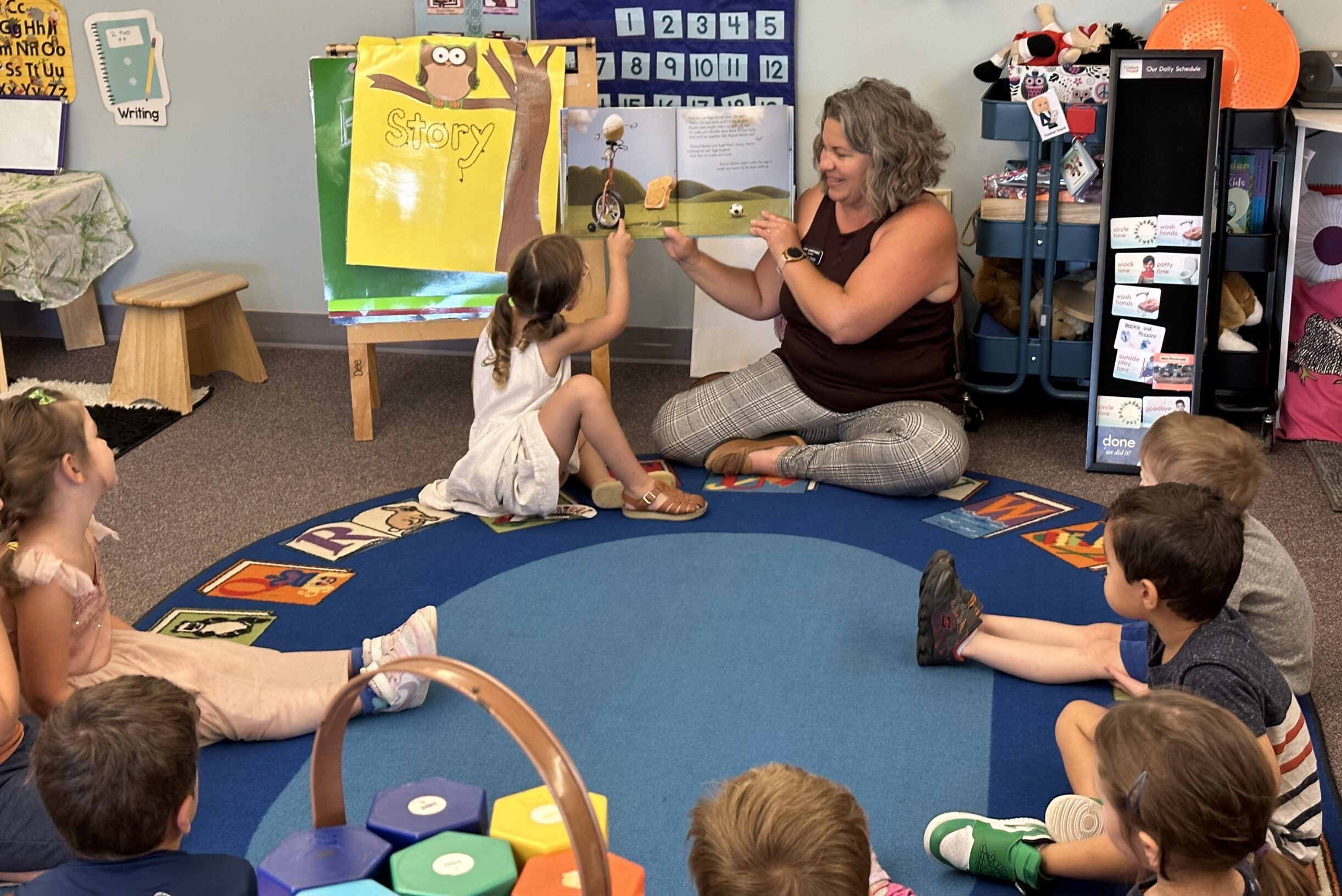
A bill making public and charter schools in Colorado liable for violence on school grounds passed its first test at the State Capitol Monday.
The Senate Judiciary Committee passed the bill on a 4-1 vote after passionate testimony from supporters including Michael and Desiree Davis. Their daughter, Claire, was shot to death at Arapahoe High School in 2013.
“According to the Arapahoe County Sheriff’s Office criminal investigation [the shooter] was armed with a shot gun, multiple rounds of ammunition, several knives, and Molotov cocktails. [He] shot Claire in the head and he committed suicide a few moments later,” said Davis while testifying the bill would allow victims of school violence more avenues for recourse and discovery currently not available under state law.
“Schools do not currently have a duty to exercise reasonable care, and injured persons have no standing to sue, no right to obtain legal discovery, and no ability to seek recovery for damages,” Davis said.
Senate Bill 213 would allow victims of school violence to collect up to $350,000 when “harm is reasonably foreseeable,” by schools. It would also waive a school’s state governmental immunity.
Sponsor Sen. Bill Cadman, R-Colorado Springs, said parents expect their children to be protected in public schools. And schools need to be held accountable if that doesn’t happen.
“Should our schools have a duty to protect our kids and those who work there? Senate Bill 213 says yes,” Cadman said. “It is our job that the law tells our schools that they have a duty to protect our kids and they have a duty to provide reasonable care.”
While in support of finding solutions for safer schools, opponents said lowering the bar for school negligence would bring an onslaught of lawsuits and strain school budgets.
Sonja McKenzie, general counsel for the Cherry Creek School District, said student expulsions also could increase.
“The result will be that if students engage in any kind of misconduct that in any way shape or form could be deemed a safety issue, school administrators are going to have to no choice but to suspend or expel those students,” McKenzie said.
While the bill is supported by the parents of Claire Davis, they have made an agreement with Littleton Public Schools not to sue.
David Olson, general counsel for the Colorado School Districts Self Insurance Pool, argued against the bill in its current form, he said without a new stream of funding, schools could face significant economic hardship enacting requirements of the bill.
“Unless this House, and the folks on the hill are prepared to provide school districts and charter schools with the resources that they need, through mental health professionals with adequate councilors on site, most charter schools simply do not have the staff,” Olson said.
Sen. Michael Merrifield, D-Colorado Springs, was the lone no vote on the committee. He said while it’s easy to hold schools accountable for safety issues like snow and ice removal, holding them accountable for preventing school violence isn’t as cut and dry.
“I can go down the sidewalk and see the ice and say, ‘I’ve got to get rid of that.’ It’s obvious and clear as day we have to shovel the snow off of there,” he said. “You can’t look at a student and make that same judgement and say that student is going to do something terrible.”
The committee passed Bill 213 onto the full Senate. The committee is also considering a bill ordering more study of school violence and mental health.









